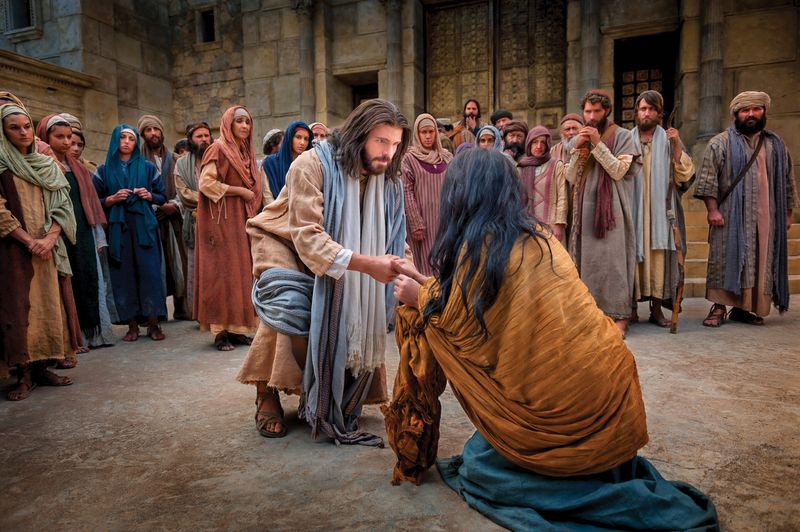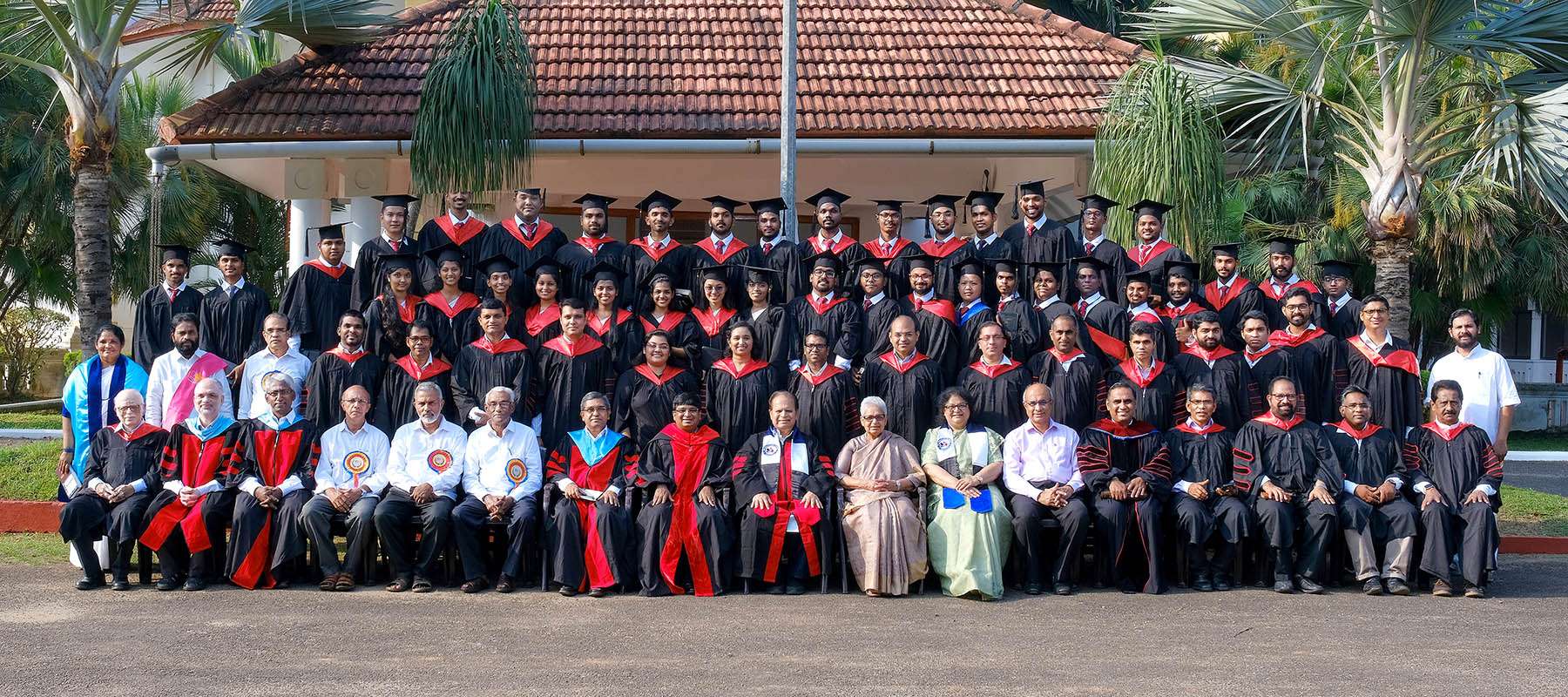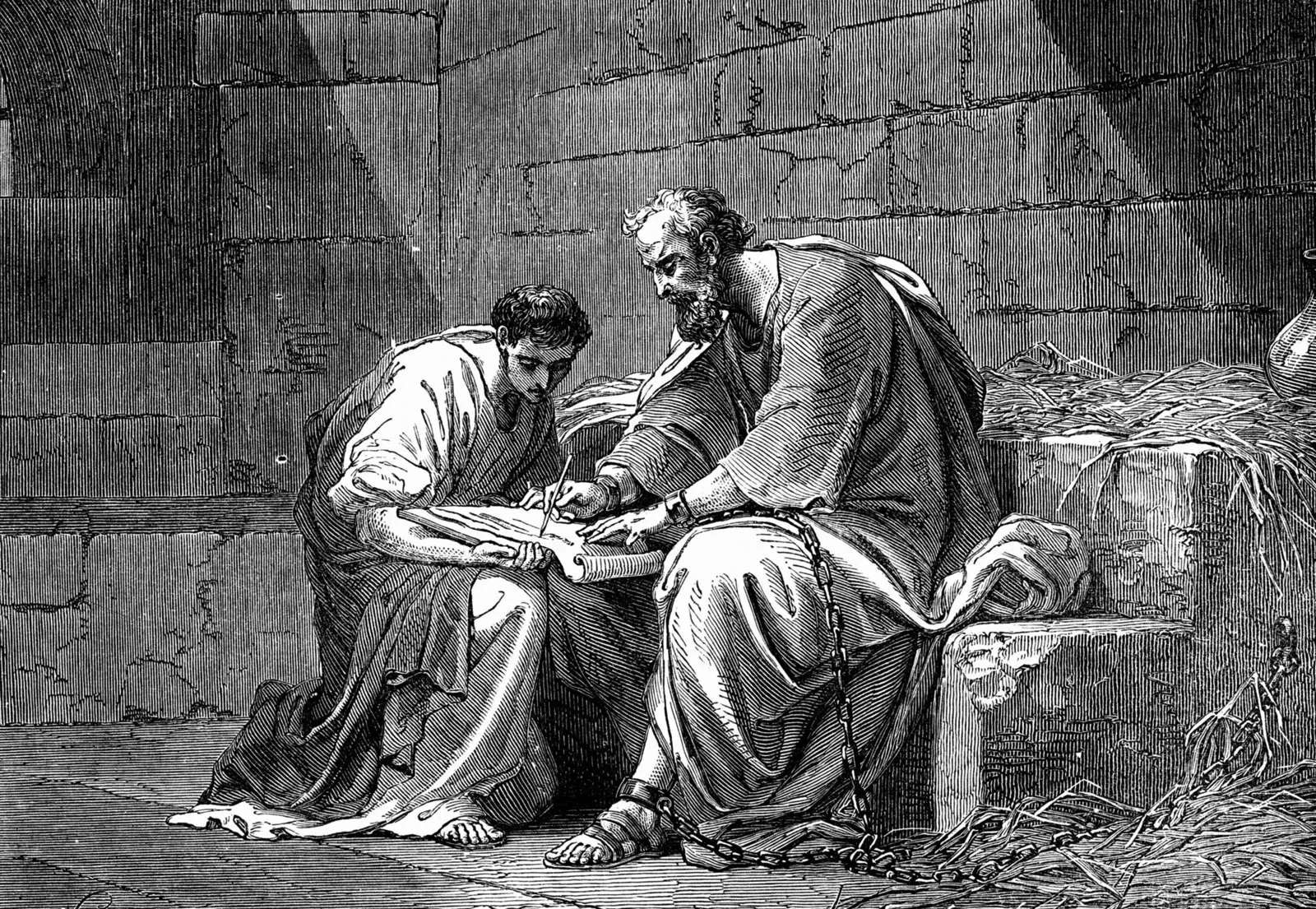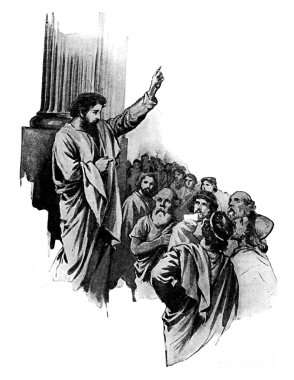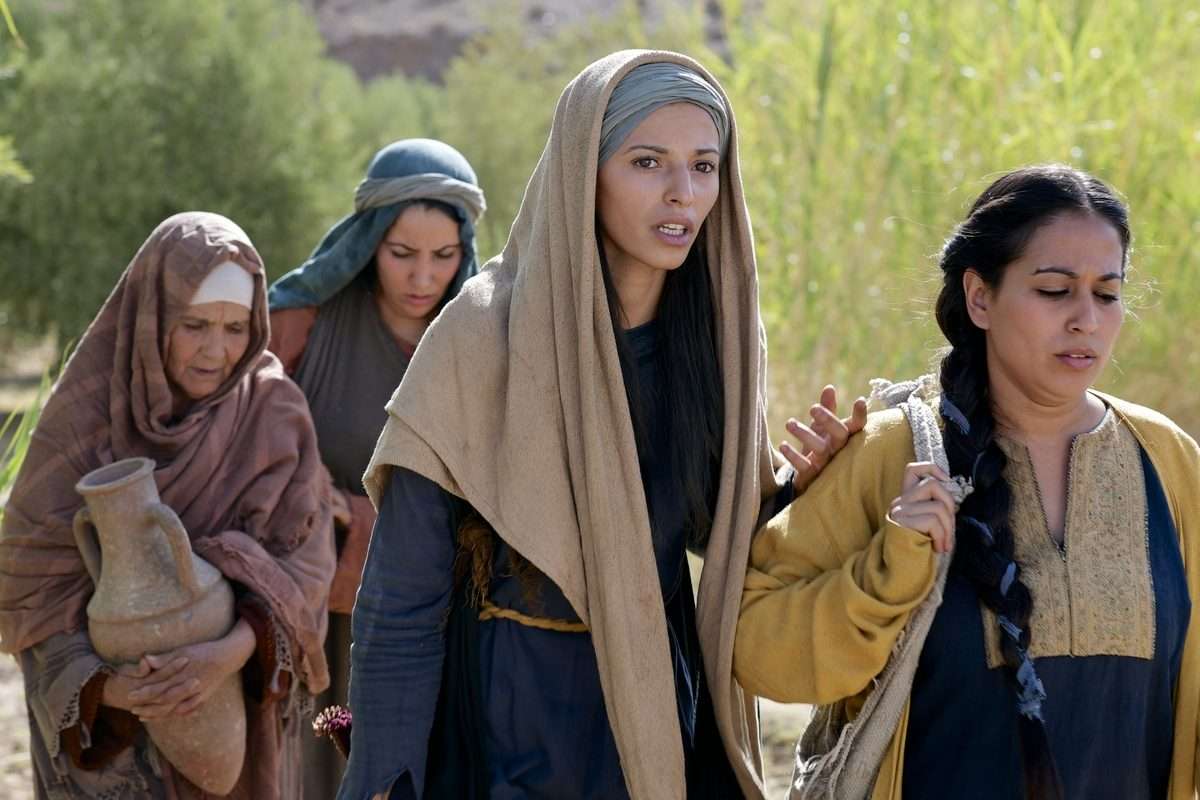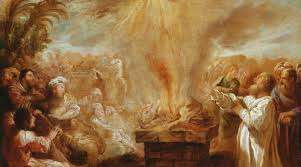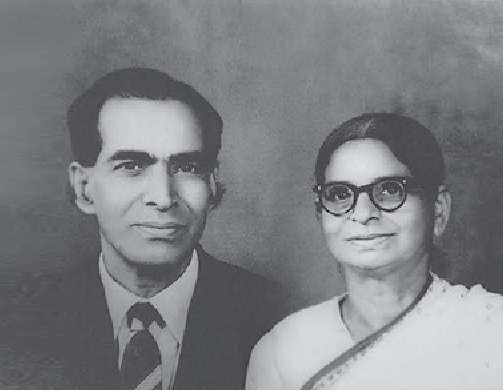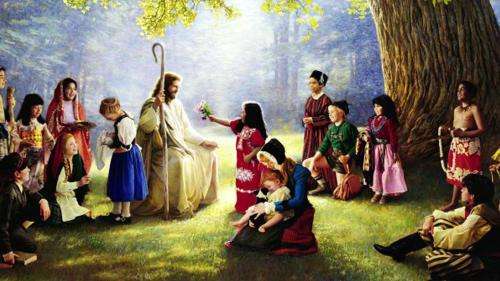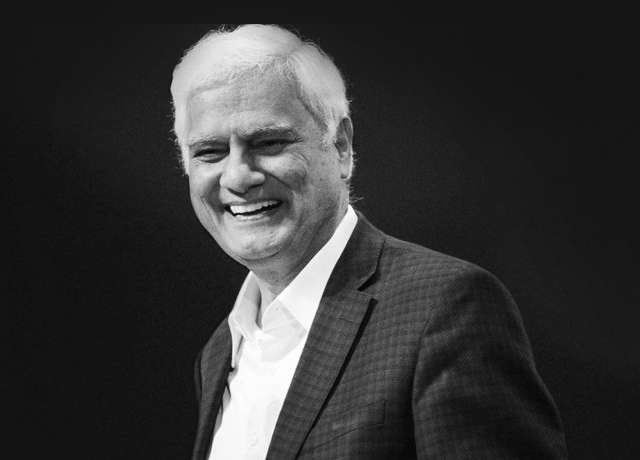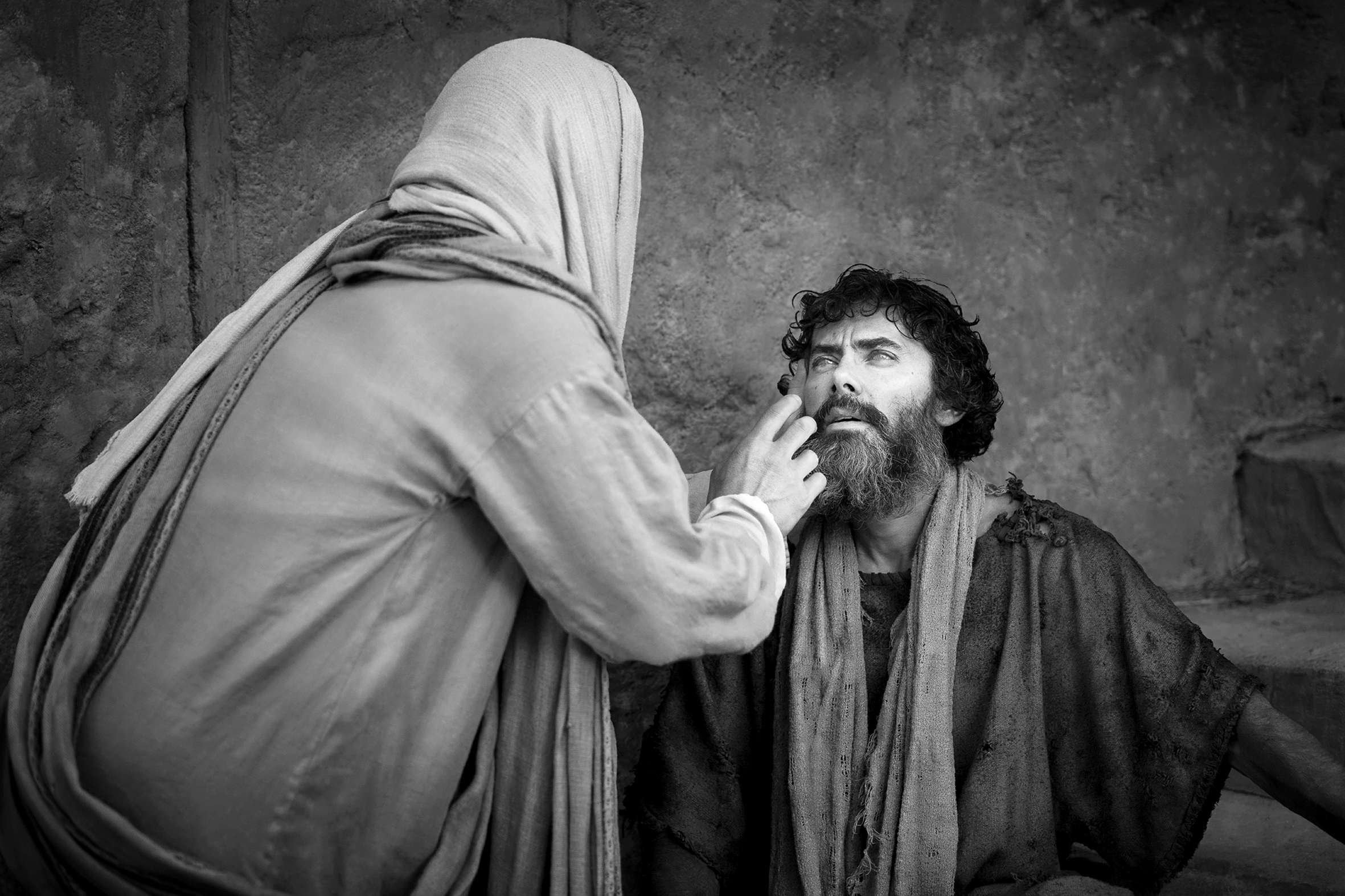

A CHRISTIAN APPROACH TO COMMUNALISM
Dr. Valson Abraham
Communalism is a chronic problem in India, but the Bible shows us a way to deal with it.
Communalism attempts to build religious and ethnic identities and to incite strife among people of different communities. These smaller communities see themselves first of all as members of a particular group rather than a part of a larger community bound together by common interests.
This problem has persisted in India for thousands of years, pitting people against one another, resulting in centuries-long grudges. People take vengeance upon others for ills real and imagined. Only God knows the millions of people who have died over the centuries through communal violence.
The basic cause of communalism is sin. The apostle Paul defines sin as the suppressing of truth about God through unrighteousness. We know who God is, but we do not honor Him. Everyone is a sinner. The condition of sin manifests itself in murder, strife, deceit, malice, gossip, slander, hatred of God, and many other things.
Whenever God ceases to become our standard, we set up our own standard, and we make ourselves our own gods. We become our own standards. Inevitably, we come into conflict with the standards of others. One of sin’s many manifestations is the sin of communalism.
The solution to communalism is the gospel of Jesus Christ. Not only does Jesus Christ become our standard, but He gives us the Holy Spirit by which we may once again enjoy fellowship with God and with one another. Through the power of the Holy Spirit, we can eliminate the spirit of communalism that continues to plague India.
The Bible gives a good model for this in the church of Antioch. We read of the church of Antioch in Acts 11. The church of Antioch, which highly influenced Paul’s ministry, was composed of a harmonious union of Jews and Gentiles. This was a miraculous accomplishment because Jews and Gentiles represented an earlier version of the same plague of communalism that affects India today.
For thousands of years, Jews and Gentiles hated one another. Jews considered themselves the people of God. They regarded Gentiles as the rubbish of the world. They were “the nations,” those worthless people whom God had rejected for themselves. On the other hand, the Gentiles despised the Jews for their strange religious ways and self-righteousness. Through the Babylonians, Persians, Greeks and Romans, Gentile peoples inflicted great suffering on the Jews. Centuries of violence against one another created animosities that seemed impossible to overcome. And yet…
In the church of Antioch, these animosities were overcome. Jews and Gentiles met together in harmony and cooperation in such a way that attracted notice. Together, they did much good that influenced their cosmopolitan community of Antioch. No one could remember when this had ever happened before.
The city of Antioch soon realized that these Jews and Gentiles followed Jesus Christ, and they began to call them “Christians” - “little Christs” - a derogatory term, but it stuck. Many people mocked the gospel, but they could not deny its effectiveness, and the community around them slowly began to change.
The time and culture of the church of Antioch may have differed from our own, but human nature has not changed, and neither has the gospel. So it does us well to look at the church of Antioch to see what we can learn for our present situation in India.
The Book of Acts records the following characteristics of the Antioch church:
1. It was multi-ethnic and multi-cultural. The Antioch church was made up of people who represented the cosmopolitan make-up of that city. People came from out of many different cultural and religious backgrounds, but now they committed their lives to Jesus Christ. Insurmountable barriers were removed in a moment by the grace of God. When a church is touched by the grace of God, you will see healing of relationships.
2 The hand of the Lord was upon them. It was founded by lay people who put their full trust in the power of God. Jews and Gentiles did not accomplish unity through their own efforts, but they were supernaturally empowered in their witness. These lay people walked in obedience to Christ. Out of that obedience came harmony
with one another.
3. Evangelism was important to the church. The harmony between Jews and Gentiles produced a credible and bold witness and powerful testimonies, persuading large numbers to turn to Christ.
4. The church discipled new believers, leading them to maturity. Doing God’s will was their chief concern. The sovereignty of God was more than a slogan or doctrine. It influenced every aspect of their lives. Discipleship is the intentional training of disciples, with accountability, on the basis of loving relationship. That means there is a clearly planned strategy. Training implies a prescribed course of study and a process designed to help people reach certain goals with accountability recognizing that people need help in keeping their commitments to God on the basis of loving relationship.
5. It was an urban church. Urban churches tend to set the tone. As the city goes, so goes a nation. City churches tend to develop ministries for many kinds of people-- prostitutes, slum dwellers, homeless, drug addicts, and transients looking for jobs.
6. They demonstrated compassion for the poor. When the believers in Antioch were informed of suffering Christians in faraway places, they responded quickly and generously to help the need (Acts 11:29).
7. They developed a system of local servant leadership. The apostles’ strategy was winning new converts and developing local leaders. That strategy was first developed at Antioch—enlist and train elders who love the Lord Jesus, care for the church, live a moral life, and are willing to accept leadership of the local church.
As Indian Christians in a nation of many ethnic, social and linguistic groups, we must emulate the example of the Antioch church. When the rest of India sees how the gospel works among us, who come from many different backgrounds, many will want to commit their lives to Christ. As we influence our culture, communalism will begin to become less of a problem as we gradually learn to respect all people as people whom God made in His image.
* * *
Father God, help me to love others as you love them, especially those different from myself. Help us as your church in India to become like the church of Antioch, welcoming all into our midst because you lived and died for them as you lived and died for us. In Jesus’ Name. Amen

